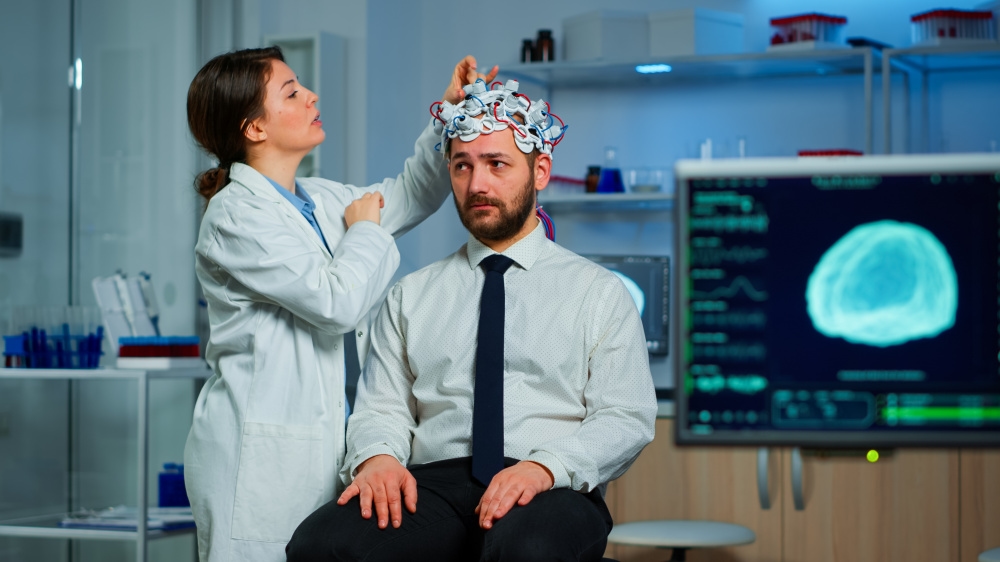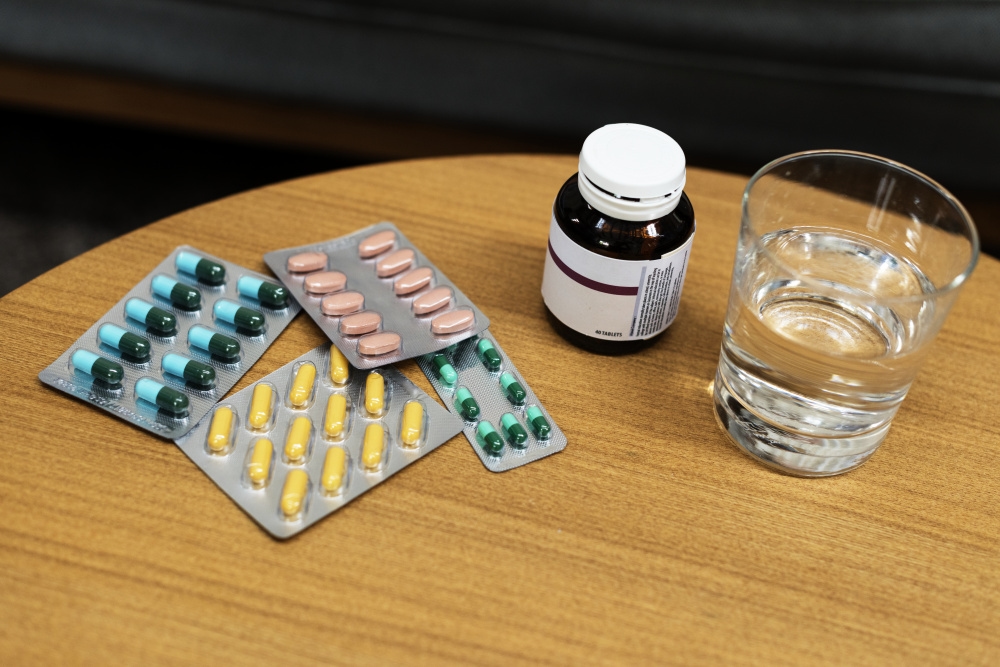Picture of the Day: A digest of the main news from November 6, 2025

Main
A bill has been introduced in the State Duma that would introduce drug vouchers for low-income citizens and those facing difficult life situations. A voucher worth 25% of the subsistence minimum (4,433 rubles in 2025) could be used to purchase medications from the Vital and Essential Drugs list. The initiative, developed by a group of deputies led by Yaroslav Nilov and Nina Ostanina, envisages funding such drug assistance through federal budget subsidies. If passed, the law would come into force on January 1, 2026.
#2 Only 54% of medical school graduates majoring in general medicine are satisfied with the initial accreditation process, according to a study by the Russian Ministry of Health, the Methodological Center for Accreditation of Specialists, and the Institute of Social Sciences at Sechenov University. The survey results were published in the journal National Health. Overall, 89.6% of graduates rated their experience positively, but satisfaction varied significantly depending on the field of study. Besides general medicine, the lowest scores were found among young specialists majoring in medical biochemistry (53.8%), while the highest were among graduates majoring in medical cybernetics (71.1%).
Provision of medicines
The expert council of the Circle of Goodness Foundation expanded the list of nosologies to include Donohue syndrome and activated PI3-kinase delta syndrome (APDS), and approved the categories of children eligible for treatment with mecasermin and leniolisib. Furthermore, the experts approved the foundation's procurement of axatilimab for patients with chronic graft-versus-host disease and the creation of a reserve of tovorafenib for the emergency treatment of children with low-grade glioma. These decisions are consistent with the renewal of the federal high-tech medical care system.
Pharmaceutical business
• At the end of October 2025, Biocad received approval to conduct a Phase III clinical trial of its own biosimilar of Ocrevus (ocrelizumab), a drug developed by Swiss company Roche for the treatment of multiple sclerosis (MS). The trial is open to 376 patients aged 18 to 55 years diagnosed with relapsing-remitting MS. Generium, R-Pharm, and the Iranian company CinnaGen are currently conducting Phase I clinical trials of their Ocrevus analogues in Russia.
• Revaz Yusupov, Deputy Director General of the Center for the Development of Advanced Technologies (CRPT, operator of the Honest Sign system), stated at a meeting of the Council of the Chamber of Commerce and Industry of the Russian Federation for Consumer Market Development that, following an inspection by the CRPT and Rospotrebnadzor, only six of the 32 companies producing dietary supplements confirmed their actual production. At the registered addresses of the remaining production facilities, experts found residential buildings, hotels, or vacant lots. The companies were initially selected for inspection due to "suspicious" behavior detected by the labeling system.
Medical devices market
Trust Technologies (formerly PwC) presented a study of the medical technology market in the assistive technology segment in Russia and globally. The analysis showed that the total size of the Russian medical technology market reached 1.084 trillion rubles in 2024 and is projected to grow to 2.341 trillion rubles by 2030. The global assistive technology market is expected to reach $202.8 billion by that date. Last year, the largest assistive technology sector was mobility devices (47%). By 2030, neuro- and cognitive support is expected to become the leading segment (39%).
Criminal cases
• At the end of October, media and social media reported on the investigation of another child trafficking case in Moscow. Among the suspects are Irina Rudnitskaya, chair of the public organization "Commonwealth of Families, Families with Children, and Socially Vulnerable Groups of the Population," an unnamed entrepreneur from the Moscow region, a woman whose child may have been sold to another family, and Darina Rubinina, director of the New Me plastic surgery clinic. Details of the criminal case are in the Vademecum review .
• The Kemerovo Central District Court has extended the pretrial detention of Dmitry Beglov, former Minister of Health of Kuzbass. He will be held in pretrial detention until January 7, 2026. The official is accused of several counts of accepting bribes on an especially large scale (clause "b" of Part 5 and Part 6 of Article 290 of the Russian Criminal Code). According to local media, it was revealed during the court hearing that Beglov may have received bribes from Sergei Ksenzov, head of Medtrade-SRC LLC. The total amount of bribes, according to investigators, was approximately 5.25 million rubles. According to Ksenzov, Beglov helped the company secure government contracts, for which he allegedly demanded 10% of the tender value.
Artificial intelligence
Indian scientists have developed a web platform for diagnosing Parkinson's disease using artificial intelligence. The service processes multimodal MRI data, SPECT, cerebrospinal fluid biomarkers, and clinical parameters, helping to detect the development of Parkinson's disease with up to 93.7% accuracy, surpassing traditional diagnostic methods. Furthermore, the AI can explain the data underlying the diagnosis. A one-dimensional convolutional neural network was developed specifically for the platform, and OpenAI's GPT-4o mini was also used.
Other news:
American researchers have tested a safe AI format for medical education.
The court rejected Pfizer's lawsuit to block Novo Nordisk's deal with Metsera.
The UAE has compiled a database of 750,000 sequenced genomes.
An "AI judge" has been created in the US to review clinical texts.
vademec





